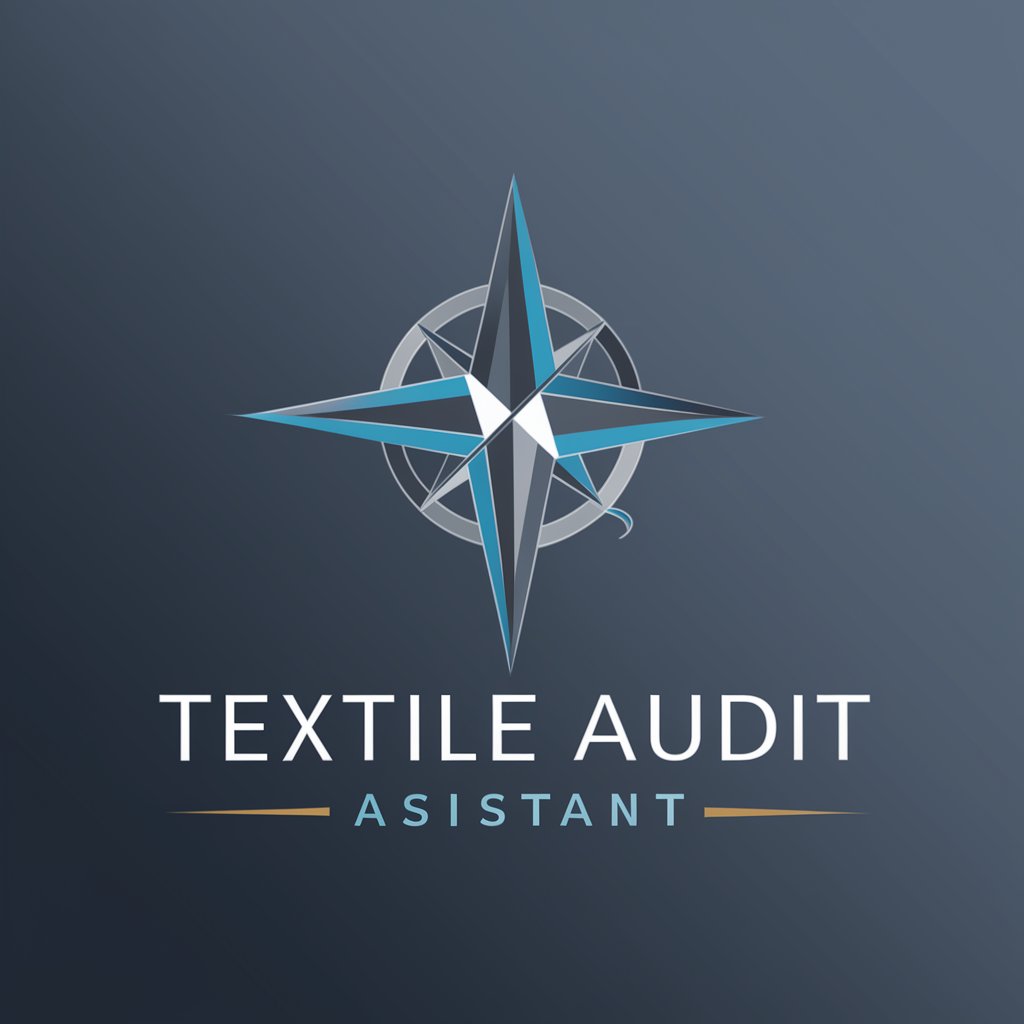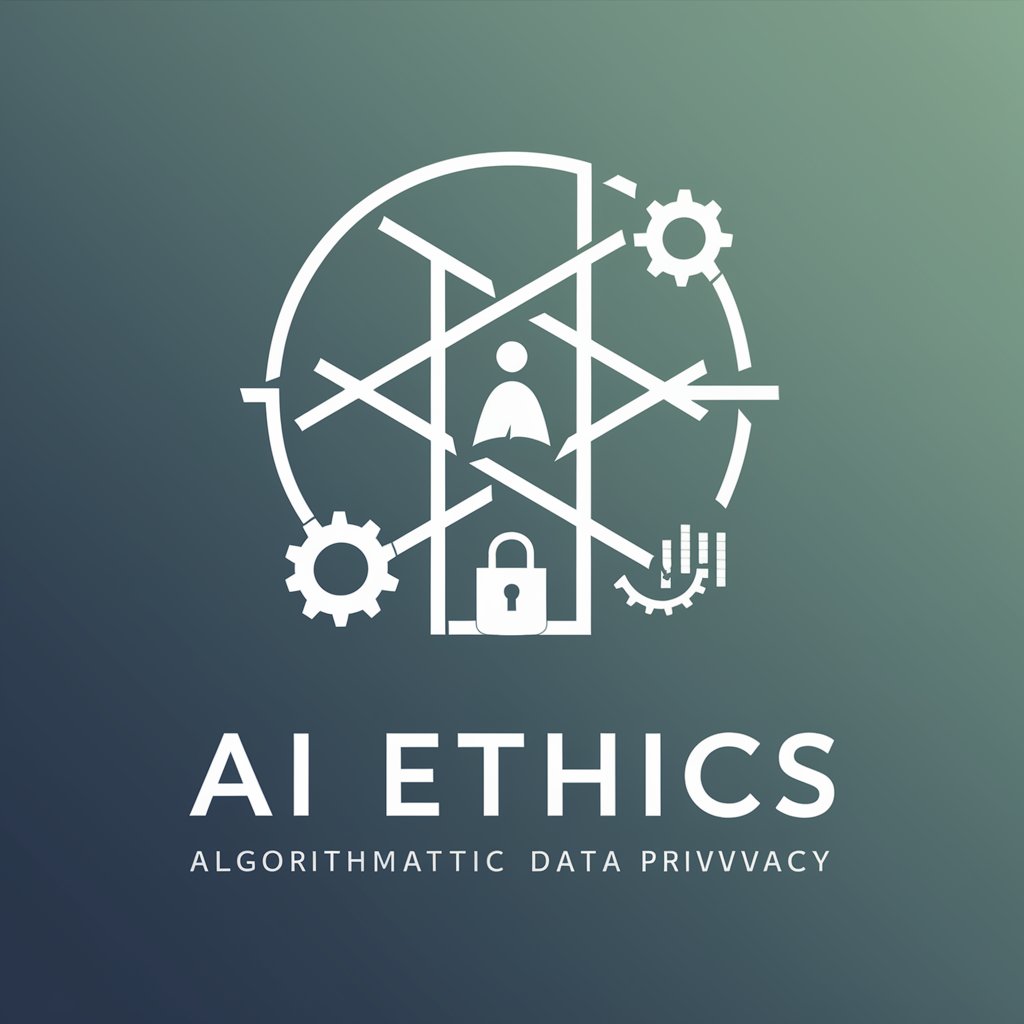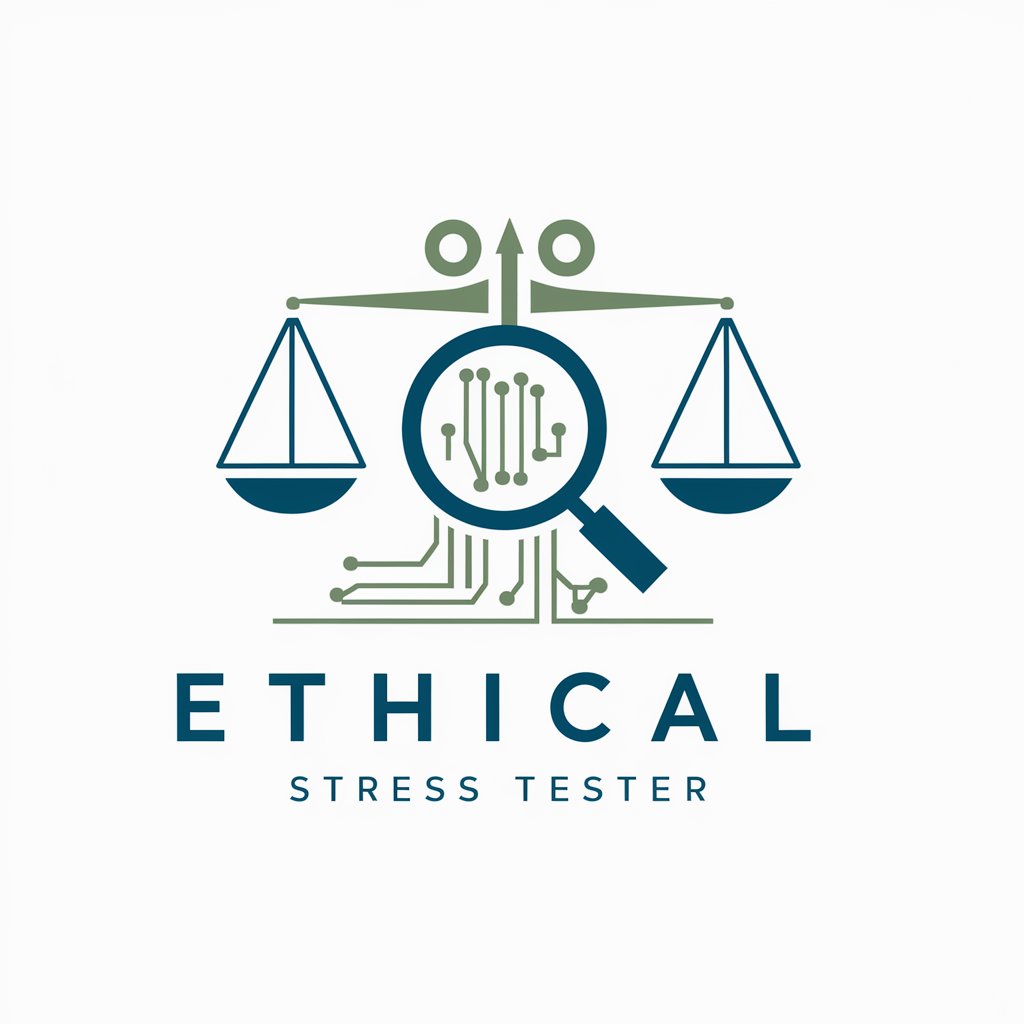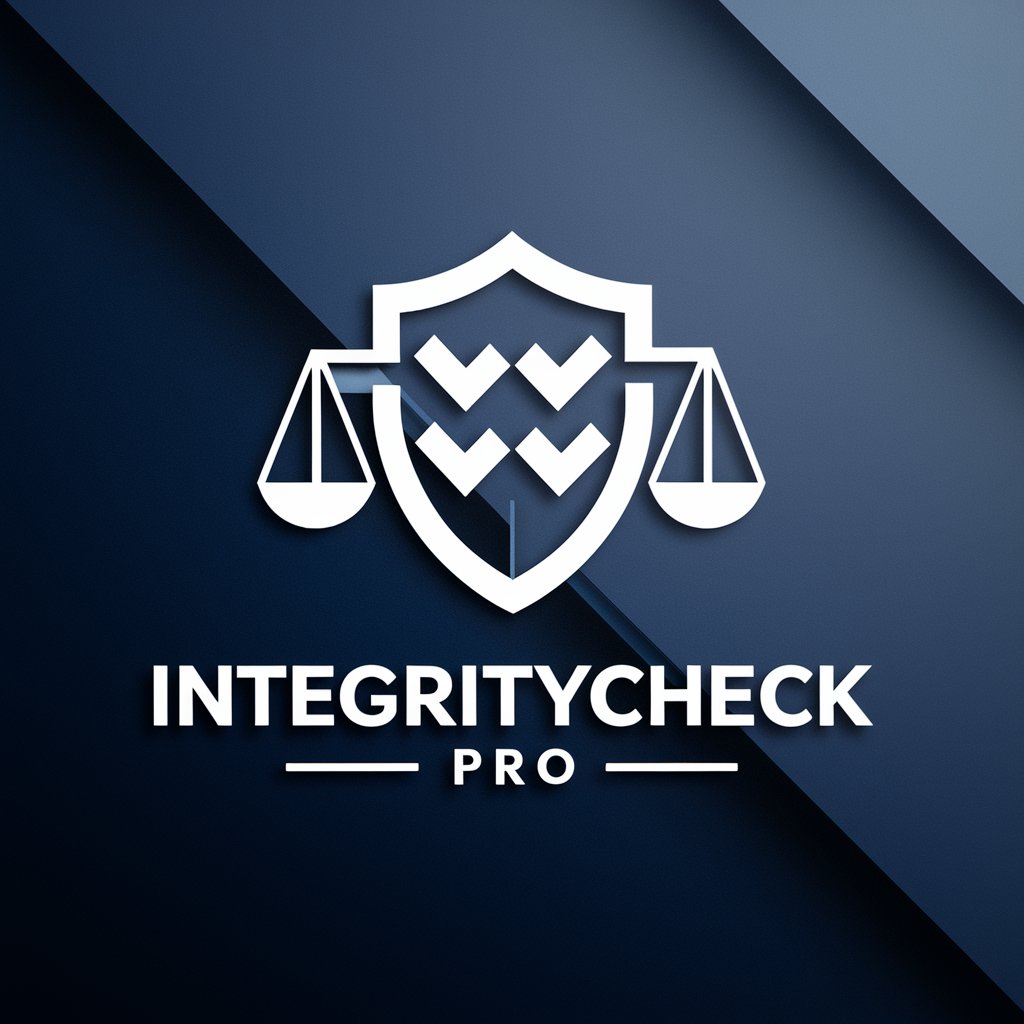8 GPTs for Ethical Auditing Powered by AI for Free of 2026
AI GPTs for Ethical Auditing are advanced tools designed to assist in the evaluation and analysis of ethical considerations in various domains, leveraging the power of Generative Pre-trained Transformers. These tools are crafted to understand, interpret, and analyze complex ethical issues, offering tailored solutions that aid in maintaining high ethical standards. By utilizing AI GPTs, organizations and individuals can ensure their practices align with ethical guidelines, highlighting the importance of these tools in promoting integrity and accountability.
Top 8 GPTs for Ethical Auditing are: Textile Audit Assistant,Media AI Visionary,Supplier Code of Conduct Analyst,AI Ethics,Corporate Detective,🔮 AI Ethics Oracle Advisor,Ethical Stress Tester,IntegrityCheck Pro
Textile Audit Assistant
Streamlining Textile Auditing with AI

Media AI Visionary
Empowering Creativity with AI Insights

Supplier Code of Conduct Analyst
AI-powered Compliance Insight

AI Ethics
Navigating AI Ethics with Intelligence

Corporate Detective
Unveiling Truths with AI Power

🔮 AI Ethics Oracle Advisor
Navigating AI ethics with AI-powered insights

Ethical Stress Tester
Assess Technology Ethics AI-Powered

IntegrityCheck Pro
Elevating Business Ethics with AI

Key Attributes of Ethical Auditing AI
AI GPTs for Ethical Auditing boast a range of unique features that cater to the nuanced needs of ethical evaluation. These include adaptability across various ethical issues, from straightforward to intricate scenarios, and the ability to understand and process complex ethical queries. Special features such as advanced language comprehension, technical support for coding challenges, web searching capabilities for up-to-date information, image creation for visual ethics scenarios, and data analysis tools for empirical ethics research distinguish these AI tools in the ethical auditing field.
Who Benefits from Ethical Auditing AI?
The primary beneficiaries of AI GPTs for Ethical Auditing include novices seeking to understand ethical principles, developers integrating ethical checks in their software, and professionals in various fields requiring ethical audit tools. These GPTs are accessible to users without programming skills, offering intuitive interfaces, while also providing extensive customization options for those with technical expertise, making them versatile tools for a broad audience.
Try Our other AI GPTs tools for Free
Consent Forms
Discover how AI GPTs for Consent Forms revolutionize the creation and management of consent documents with advanced AI capabilities, ensuring clarity, compliance, and customization.
Protocol Compliance
Discover how AI GPTs for Protocol Compliance can revolutionize your approach to adhering to industry standards and regulations, making compliance management simpler and more effective.
Onboarding
Discover how AI GPTs for Onboarding can transform your integration process with personalized, efficient, and engaging solutions for new users or employees.
Custom Responses
Discover AI GPTs for Custom Responses: versatile, user-friendly AI tools designed for personalized interactions and solutions in various domains.
Fishing Schedules
Discover how AI GPTs for Fishing Schedules revolutionize planning with personalized, real-time advice for optimal fishing times, tailored to enthusiasts and professionals.
Tidal Predictions
Discover AI GPTs for Tidal Predictions, the cutting-edge tools transforming how we predict and understand tides. Tailored for professionals and enthusiasts alike, these tools offer precision, adaptability, and ease of use.
Expanding Horizons with Ethical Auditing AI
AI GPTs for Ethical Auditing not only provide solutions to immediate ethical queries but also offer the potential for discovering new insights into ethical standards and practices. Their integration into different sectors paves the way for enhanced ethical compliance, fostering an environment where ethical considerations are at the forefront of decision-making processes.
Frequently Asked Questions
What exactly are AI GPTs for Ethical Auditing?
AI GPTs for Ethical Auditing are specialized AI tools designed to support and enhance ethical decision-making processes, utilizing the capabilities of Generative Pre-trained Transformers to analyze, interpret, and advise on ethical issues.
How do these AI tools adapt to different ethical scenarios?
Through advanced machine learning and natural language processing, these tools can tailor their responses and analyses to fit a wide range of ethical dilemmas, learning from context to provide relevant insights.
Can non-technical users benefit from these tools?
Absolutely. These tools are designed with user-friendly interfaces that allow non-technical users to navigate and utilize them effectively for ethical auditing purposes.
Are there customization options for developers?
Yes, developers can access a suite of customization options, including APIs and coding tools, to tailor the AI's functionality to specific ethical auditing tasks or integrate them into existing systems.
What makes these tools unique in the field of ethics?
Their ability to process and analyze large volumes of information through the lens of ethical considerations, combined with features like language learning and data analysis, sets them apart in the field of ethical auditing.
How can these tools integrate with existing workflows?
AI GPTs for Ethical Auditing are designed to be flexible, allowing for integration into existing workflows through APIs and customizable interfaces, facilitating seamless ethical analysis within any operational framework.
What are the potential applications of these AI tools in real-world scenarios?
Potential applications include corporate governance, academic research, software development, and any field where ethical considerations are paramount, demonstrating the versatility of these tools in practical applications.
How do these AI tools stay updated with current ethical standards?
These AI tools continuously learn from a wide range of sources, including current events, scholarly articles, and legal documents, ensuring their advice and analyses remain relevant and up-to-date.